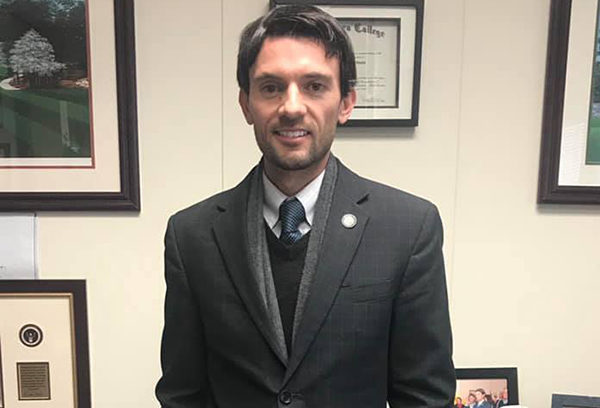North Carolina Gov. Roy Cooper signed three of the four mini-budget bills that the legislature has sent him and it appears he’s going to get a lot opportunity to sign bills in the coming weeks.
North Carolina state Rep. Jon Hardister, who is the House majority whip, said, “We plan to keep passing mini-budgets until we can put the whole budget together.”
But he added that the Republican majorities were still trying to get enough Democratic votes to override Cooper’s budget veto. He said, “We’re still working on the override. We haven’t given up on it.”
Cooper vetoed the budget because it didn’t include Medicaid expansion, but he says that adding Medicaid expansion to the budget is not an ultimatum. Speaker Pro Tem of the state Senate says that every time they get behind closed doors to work on a compromise budget Cooper says they have to settle the Medicaid expansion issue first.
The Republicans have the votes in the Senate for a budget override, but according to multiple sources are three votes short in the House where a total of seven Democrats have to join all the Republicans to override Cooper’s veto.
Hardister said that having a special session on health care, which is the option the Republican-led legislature prefers, would be more beneficial for the state than simply expanding Medicaid.
He said that before expanding Medicaid coverage in North Carolina, they should take a hard look at how Medicaid expansion has worked in other states, including the problems it has caused.
He said, “Some states that have expanded have seen more participation than they anticipated and some states have seen an increase in Medicaid fraud.”
Hardister suggested that Cooper could go ahead and sign the budget without Medicaid expansion and make it a campaign issue in 2020. He said, “Why not just move on at this point and the governor can take his case to the people in 2020.”
Another budget related bill working its way through the legislature is the tax refund bill to send people who paid state income taxes a refund of up to $125 for an individual or $250 for a couple filing jointly.
Hardister said, “Personally I’m not real excited about the tax refund.”
He said that he had heard from a lot of people who thought the state should keep the money and put it in the rainy day fund or invest in infrastructure.
The House Republican Caucus had not talked about the tax refund, according to Hardister, so he wasn’t certain what the sentiment was among his fellow Republican representatives, but he said, “It’s not a done deal.”
With another hurricane on the way, putting the money into the rainy day fund may gain support.


Representative Hardister is right about the income tax refund. Put the money to good use! Everyone knows there are infrastructure, housing, health, employment, and many other needs in our state that could be addressed.